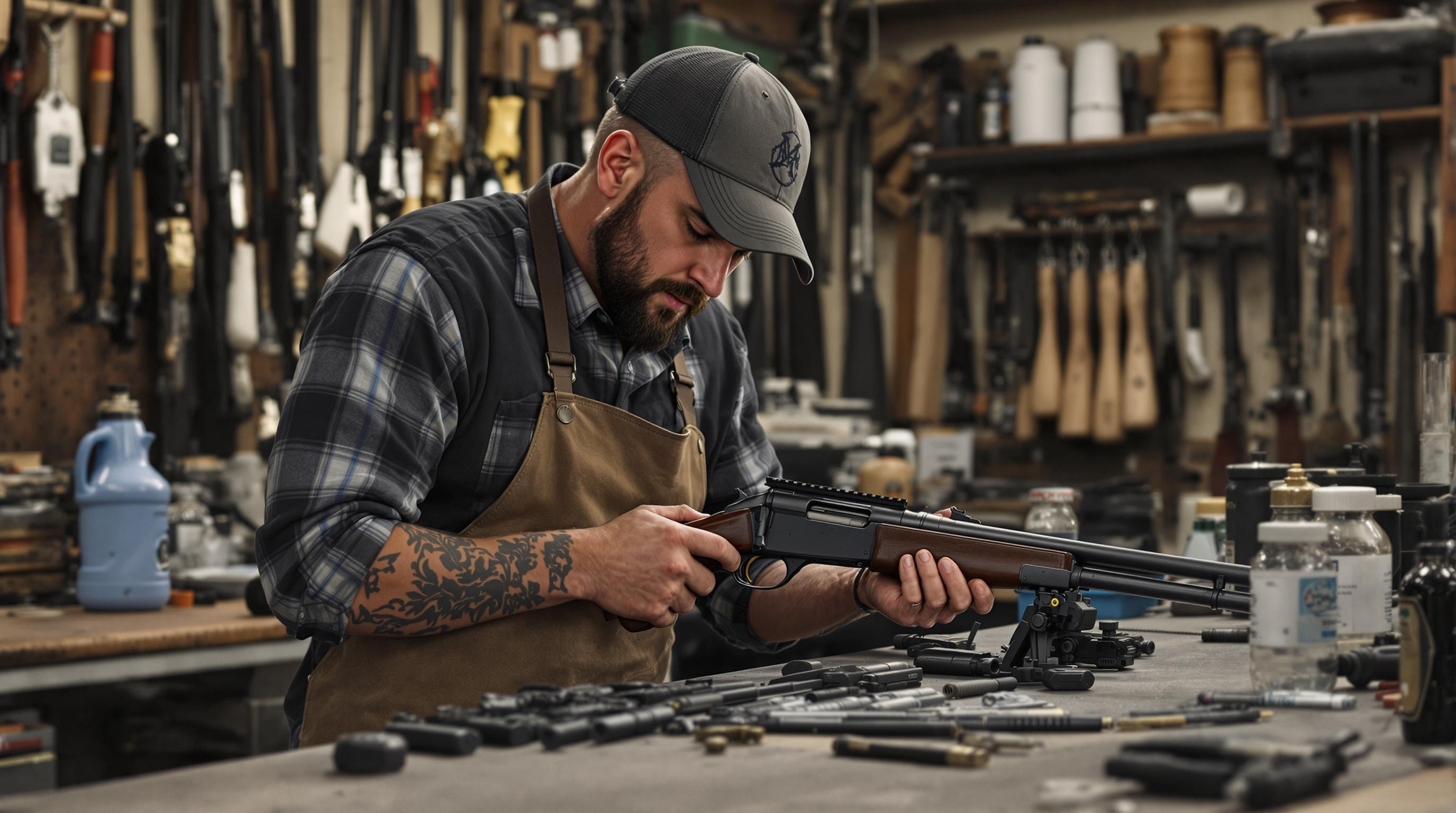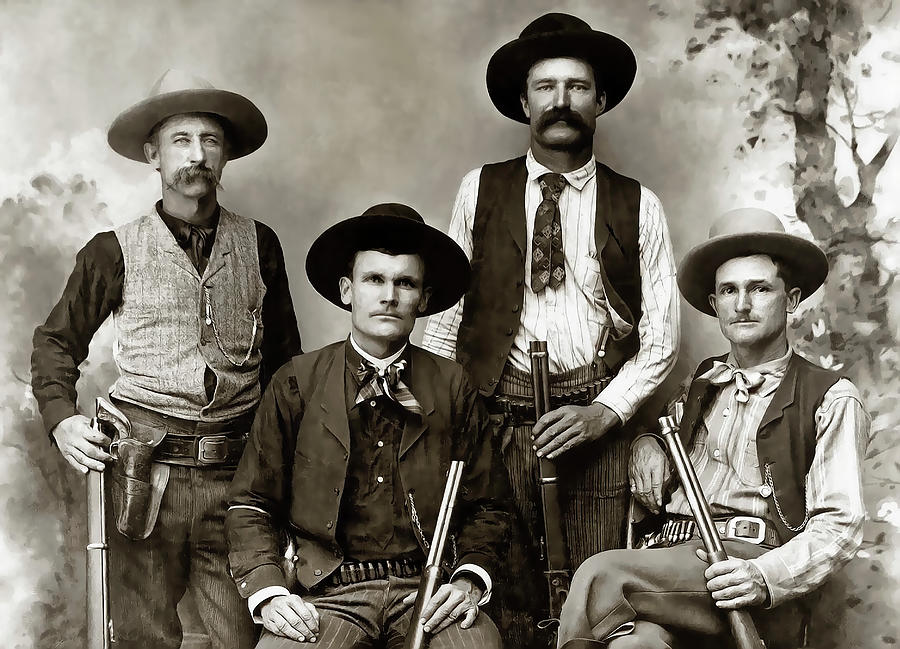First, earn your high school diploma or GED. Develop strong math and customer service skills. Banks often prefer candidates with cash-handling or retail experience. Apply for open teller positions directly at financial institutions. New hires receive comprehensive on-the-job training to learn specific banking procedures and software systems.
Okay, first things first. Get your high school diploma or a GED. That’s the baseline. And you need to be good with basic math and talking to people. If you’ve ever handled cash or worked retail, you’re already ahead. Banks love that. From there, you just apply at banks. They’ll train you on all their special software and rules.
But embarking on a new career… it’s a lot, isn’t it? Especially for a job like a bank teller, which is so front-and-center. You might think it’s all about cash and deposits, and sure, that’s part of it. But it’s way, way more. This position is literally the face of the bank. The first human people see, you know? It’s a big first step into the whole world of finance, and I mean, have you ever really thought about what it takes to be good at it? Not just counting money.

So What Do Tellers Actually Do All Day?
When you picture a bank teller, you see someone at a window counting cash. Right? And yeah, that’s a huge part of the job. But the position is… well, it’s surprisingly dynamic. You need razor-sharp attention to detail, sure, but you also need to be a great communicator and genuinely want to help customers with their money problems. It’s not about transactions.
It’s about trust.
Take this kid Maria from Toledo, Ohio. She got her first bank teller job right after high school, I think she used to work at the diner on Main Street with the weirdly sticky floors. Anyway, she found out her days were a total whirlwind. One second she’s helping an older lady figure out her deposits, the next she’s doing this super complicated withdrawal for a local business owner, and it was a real eye-opener. She realized tellers aren’t just taking orders, they’re problem-solvers and the first line of defense against fraud and sometimes they’re even like, informal financial advisors.
Here’s kind of a snapshot of what you’d be doing:
- Processing Transactions: Handling cash deposits, withdrawals, check cashing. All with perfect accuracy.
- Cashing checks and handling loan payments. It’s just constant, and you have to be on your game.
- Customer Service: Greeting people, answering whatever random question they have, and fixing account problems without getting flustered.
- Balancing the Drawer: This is a big one. You count your cash at the beginning and end of every shift and it better be right. To the penny.
- Identifying customer needs and telling them about other bank services like credit cards or whatever. They call it cross-selling.
- Security and compliance. Sticking to all the strict bank rules.
- Paperwork.
Every single thing you do demands intense attention to detail. One slip, one wrong decimal point, can cause a huge mess. So, you think you can be that reliable face for your customers? It’s a pretty rewarding job, especially if you like a fast pace and talking to people.
The Must-Haves for a Bank Teller Position
So you’re thinking, “Yeah, I could do that.” Great. But what do banks actually look for? It’s honestly more accessible than people think, which makes it a fantastic way to get your foot in the door of the finance industry without a four-year degree.
Just ask Ethan, he was 32, a retail manager from Portland who just got tired of folding sweaters and decided to switch to banking. He didn’t have any fancy finance courses or anything, but he was great with cash and customers from his old job so the bank saw that his skills were perfect, I mean they knew they could teach him the bank-specific stuff because he already had the attention to detail down. And that’s the kind of thing they look for. At the end of the day, a high school diploma is really the main education requirement for this position, something like 90% of tellers have that or maybe some college but no degree, and then they just train you for like a month on their software and services and security stuff, which is why your accuracy with deposits and withdrawals is so important because that’s the core of the job and your drawer has to balance.
A lot of people worry about the salary or job outlook, and yeah, the median wage was around $36,980 in May 2023, and online banking means the number of teller jobs might go down a bit… but people always quit or get promoted, so there will always be openings. Always.
The Skills and Stuff You Really Need
So a high school diploma is the start. But what makes you stand out? It’s not a finance degree. It’s the stuff you can bring from other jobs.
Banks are looking for:
| Skill | Description |
| Math Skills | Essential for accurately handling cash deposits, withdrawals, and balancing a drawer. |
| Customer Service Excellence | The ability to communicate clearly and patiently with all customers, even when they are upset. |
| Attention to Detail | Important for correctly counting cash, verifying IDs, and accurately filling out forms without error. |
| Cash Handling Experience | Previous experience from roles in retail, food service, or any job that involved managing a cash register is a major advantage. |
| Problem-Solving | The ability to address and resolve customer issues or transaction discrepancies effectively. |
| Basic Computer Skills | Comfort with learning and using new software and banking systems; no advanced coding skills required. |
| Trustworthiness | An essential character trait, as the role involves handling large amounts of cash and sensitive private financial information. |
You have to be a people person, basically. Because banks provide so much on-the-job training, just showing you have these basic skills will give you a massive leg up.
Making Your Application Not Suck
Okay, so you know the deal. Next up is getting it all on paper. Your resume and cover letter. This is your first test, really. It’s not just listing jobs; it’s about telling a story that makes a hiring manager actually want to meet you.
Think about Chloe, 24, from Denver. She was stuck. She was awesome at her coffee shop job but had no idea how to make “making lattes” sound like good bank experience. But it’s not about having bank experience. It’s about showing how her attention to detail with cash transactions and her ability to chat with tons of different customers made her perfect for a bank teller position.
Hacking the Bank Teller Job Description
So before you write a single word, pull up some bank teller job descriptions. The bank is literally giving you the answers to the test. They tell you exactly what they want. Use their words. Look for stuff like “cash handling,” “customer service,” “attention to detail,” “deposits.”
- Rip the description apart. See what they list as required vs. preferred.
- Note the daily tasks. Processing deposits, withdrawals, etc.
- Find the soft skills. “Communication,” “problem-solving.”
- Then, match your experience to every single point. Use their exact words from the job description. No, wait, don’t just copy them, I mean, rephrase them to fit your experience. That’s better.
- Don’t just say “handled cash.” Say “balanced a cash drawer of $5,000 daily with 100% accuracy.” Numbers are good.
A bank wants to see you’ve done your homework. Your application is your chance to show them you get it.
Getting Hired: The Final Boss
Application looks good. Time to actually send it out. This part is scary. I get it. Especially if you’ve never worked in finance. But you can do it.
Just think about Omar, this 19-year-old from Miami. He was terrified for his first bank interview. He had the skills, some cash experience from a retail job, but talking to a bank manager? Terrifying. But he practiced, he looked up the bank’s services, and he focused on how his attention to detail would help them. And he got the job.
Finding the Openings
- Bank Websites. Go straight to the source. They all have a “Careers” page.
- Job Boards: Indeed, LinkedIn, all those places. Set up alerts for “bank teller.”
- Networking. Talk to anyone you know who works at a bank.
- Walk-ins: You can still do this at smaller local banks or credit unions. Just go in with your resume. Actually, hold on. Maybe call first. Or check the website. Walking in might be a little too old school now, depending on the place. Better to check first.
- Temp Agencies: A great way to get your foot in the door and get experience.
Nailing the Interview
So you got the interview. Congrats! Now you just have to prove you’re a trustworthy, friendly, and precise person.
Dress professionally. First impressions are huge in finance. Be ready for common questions about your experience, why you want the job, how you’d handle a mad customer. And make sure you have questions for them, too. It shows you’re actually interested. Send a thank-you email afterward. A short one.
The Teller Career Path: It’s Not a Dead End
A lot of people think being a bank teller is just an entry-level job and that’s it. But that’s so wrong. If you have any ambition, it’s the perfect launchpad for a real career in finance. The experience you get with customers, cash, and all the different bank services is priceless. A real stepping stone.
What’s next? Well, you could become a Head Teller, where you manage the other tellers. Or a Personal Banker, where you’re helping people with bigger stuff like loans and accounts. From there, maybe a Loan Officer, or you could go into the back office and become an Operations Specialist. If you’re a real leader, you could even become a Branch Manager one day. The skills are so transferable, even with online banking taking over some tasks. That attention to detail and customer service experience is gold. Your journey starts at that window.
Some Questions People Ask
Check out some questions we get asked about this.
So… besides just handling cash and deposits, what other “detail” skills are actually a big deal for a bank teller?
Oh, definitely. Attention to detail is like, the #1 thing. It’s not just counting money right. It’s about checking that the signature on a check matches the ID, you know? Or noticing that a deposit slip has the wrong account number written on it before it becomes a huge headache. You’re the gatekeeper, basically. You have to be precise with every single thing to protect the bank’s money and the customer’s finance services. It’s a huge responsibility.
What kind of experience is best to have? Like, for the customer part of the job?
Honestly, any job where you had to deal with the public and handle cash. Seriously. Working in retail, a coffee shop, fast food… that’s perfect. Because it proves two things at once: you can handle a cash drawer without it being short, and you know how to talk to customers, even the difficult ones, and provide good services. That’s the core of this position, and a bank would rather train a friendly, reliable person on their systems than hire someone who knows banking but can’t talk to people.
Do I absolutely need to take finance courses to get hired as a bank teller?
No, not really. Would it help your qualifications look a little better? Sure, maybe. But it is not a deal-breaker at all. Most banks assume you’re coming in fresh and have their own intense on-the-job training programs. They’ll teach you everything you need to know about their specific services, their software, how to handle cash their way, all the compliance rules… everything. They care way more about you being trustworthy and having good attention to detail. That’s what they can’t teach.







